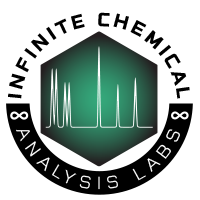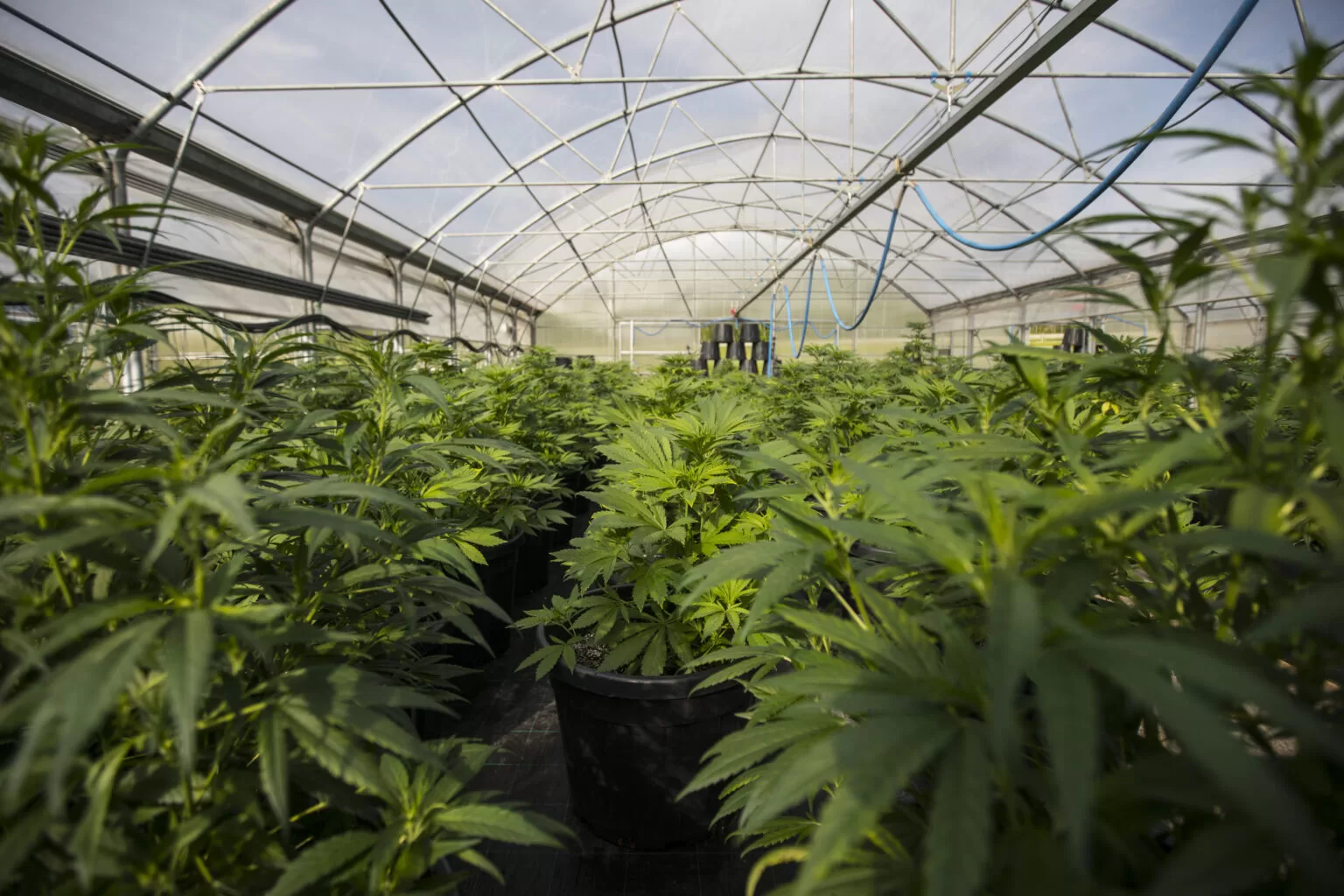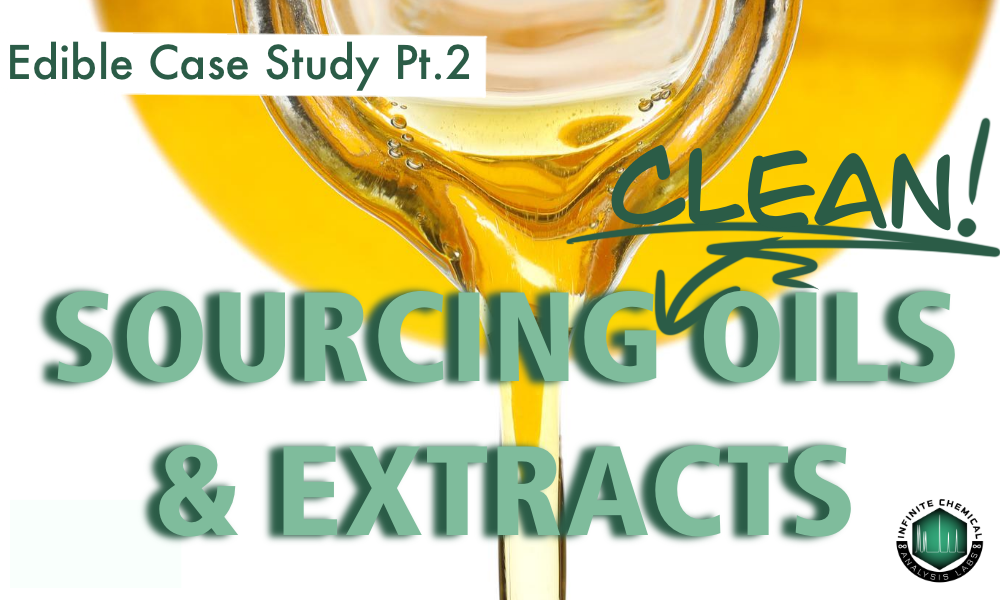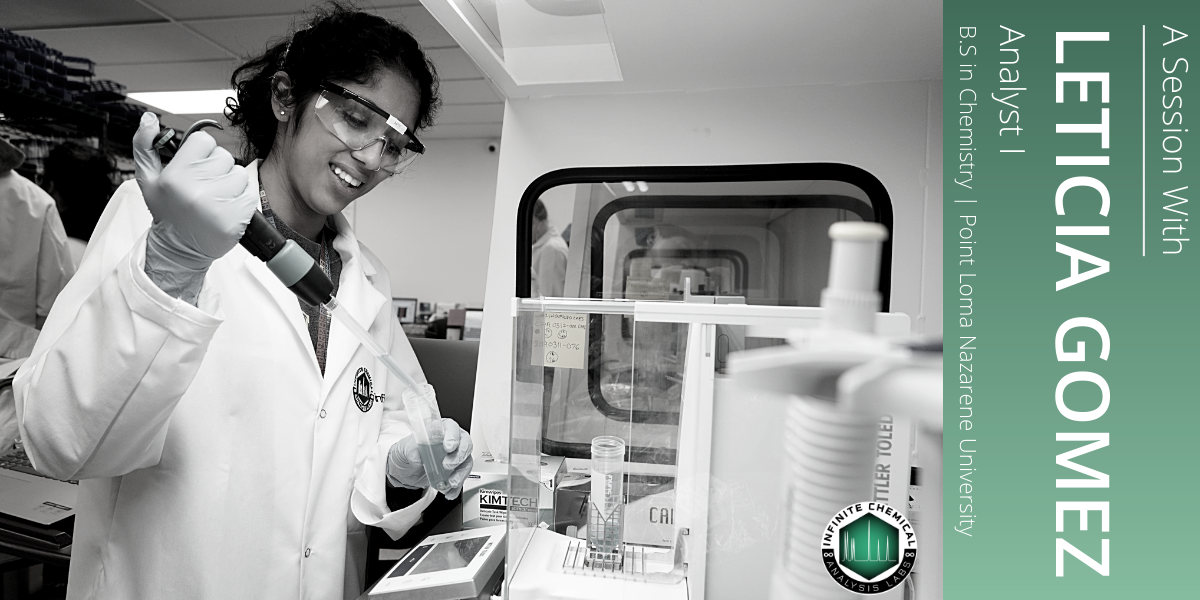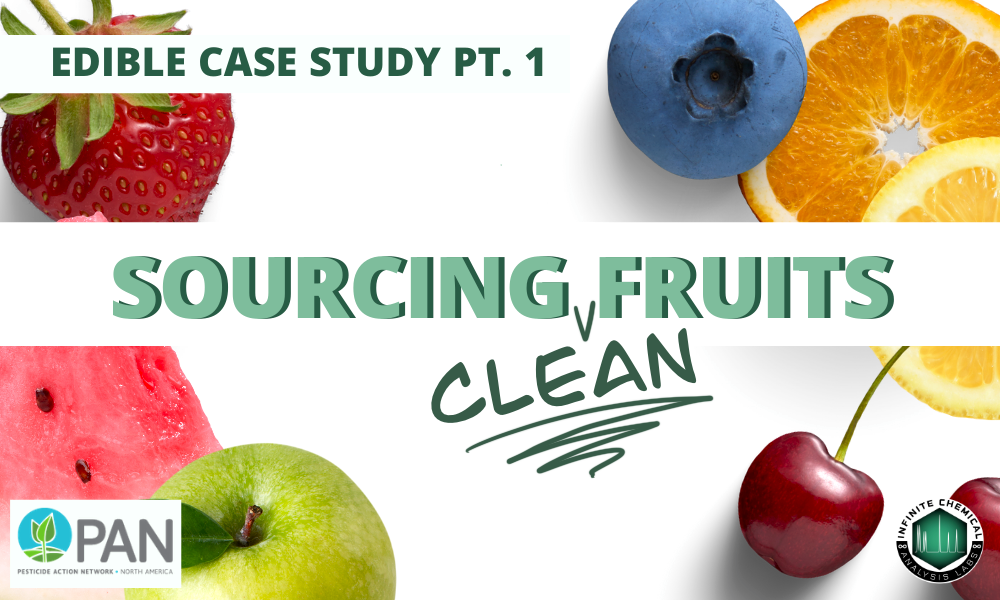But what’s been most recently featured in the news isn’t the latest and greatest CBD product, it’s the need for regulations in the CBD industry. More and more CBD brands are making bold claims with little research to back them up. With no governing body or regulations in place, the current CBD market can be compared to the wild west.
As part of a joint research project with Torrey Holistics, a local licensed dispensary, we gathered CBD products from strip malls, grocery stores, and online retailers like Amazon to discover the truth behind these claims. These products all claimed to be hemp-derived CBD products.
Hemp-Derived Vs. Cannabis-Derived CBD Products
Firstly, it’s important to understand the difference between hemp-derived and cannabis-derived CBD products. However, the variations are not immediately obvious. According to the USDA:
“Marijuana and industrial hemp are different varieties of the same plant species, Cannabis sativa L. Marijuana typically contains 3 to 15 percent THC on a dry-weight basis, while industrial hemp contains less than 1 percent (Blade, 1998; Vantreese, 1998). Most developed countries that permit hemp cultivation require the use of varieties with less than 0.3 percent THC. However, the two varieties are indistinguishable by appearance. DeMeijer et al. (1992), in a study of 97 Cannabis strains, concluded that short of chemical analysis of the THC content, there was no way to distinguish between marijuana and hemp varieties”.
Hemp-Derived CBD: CBD products available online or in stores other than licensed dispensaries are all hemp-derived. Hemp-derived CBD is sourced from industrial hemp plants primarily grown for their fiber and seeds. Hemp plants are skinnier and scarcer in foliage compared to cannabis plants, but the most significant difference between the two is their THC levels. Legally, a hemp crop can not exceed .3% total THC (THCA and delta-9 THC).
It’s also important to note the lack of stringent local regulations behind hemp-derived CBD. At this time, the only federal rule in place is that hemp crops cannot exceed 0.3% THC. That leaves testing for contaminants such as pesticides and heavy metals up to the manufacturer, who may choose whether or not to do their due diligence to ensure their product is safe. Naturally, hemp is a phytoremedial plant that removes pollutants such as heavy metals and chemicals from the soil, it’s even been used to remove radioactive particles from the area surrounding Chernobyl. These contaminants manifest as toxicants within the plant and may potentially taint CBD oil sourced from these plants. When purchasing hemp-derived products, consumers should know where the hemp was sourced and whether it’s been third-party tested by a reputable lab. Consumers should always ask to see a certificate of analysis before purchasing a CBD product.
Cannabis-Derived CBD: Cannabis-derived CBD is extracted from cannabis plants, which the U.S. government defines as those which contain more than 0.3% THC. While most cannabis plants are cultivated to produce high levels of THC, there are several strains that are rich in CBD, such as ACDC, Charlotte’s Web and Remedy.
Most cannabis-derived CBD products offer a wide range of other cannabinoids and terpenes that are believed to have therapeutic benefits. It is commonly believed that CBD and THC can have a synergistic effect when used in conjunction with one another. You can often find blends that are high in CBD but still contain small amounts of THC, such as a 3:1 blend, or vice versa. Full-spectrum CBD products also have the added benefit of customizable terpene profiles, which not only give the product its smell and taste but may further enhance the effect of CBD.
Cannabis-derived CBD products can only be legally purchased in licensed cannabis dispensaries. They are subject to the same rigorous testing requirements as any legal cannabis product sold in California, including potency, pesticide, residual solvent, microbial, mycotoxin, and heavy metal testing.
So is one better than the other?
On a molecular level, CBD derived from hemp or cannabis is essentially the same. However, experimenting with both hemp-derived and cannabis-derived CBD with varying levels of THC and CBD may be the key to finding the right product for your needs. But first and foremost, it is essential that you know the quality and legitimacy of the products you’re choosing to medicate with.
As our study will show, not all CBD products are what they seem.
The Results
We tested 12 hemp-based CBD products ranging from CBD pre-rolls, tinctures, edibles, topicals, bath bombs, and capsules. Our chemists analyzed the cannabinoid content of each product to see if they fall under the 0.3% limit allowed for THC in hemp products. In addition, we conducted full pesticide and heavy metal testing to determine if these products would meet California’s safety standards for cannabis products.
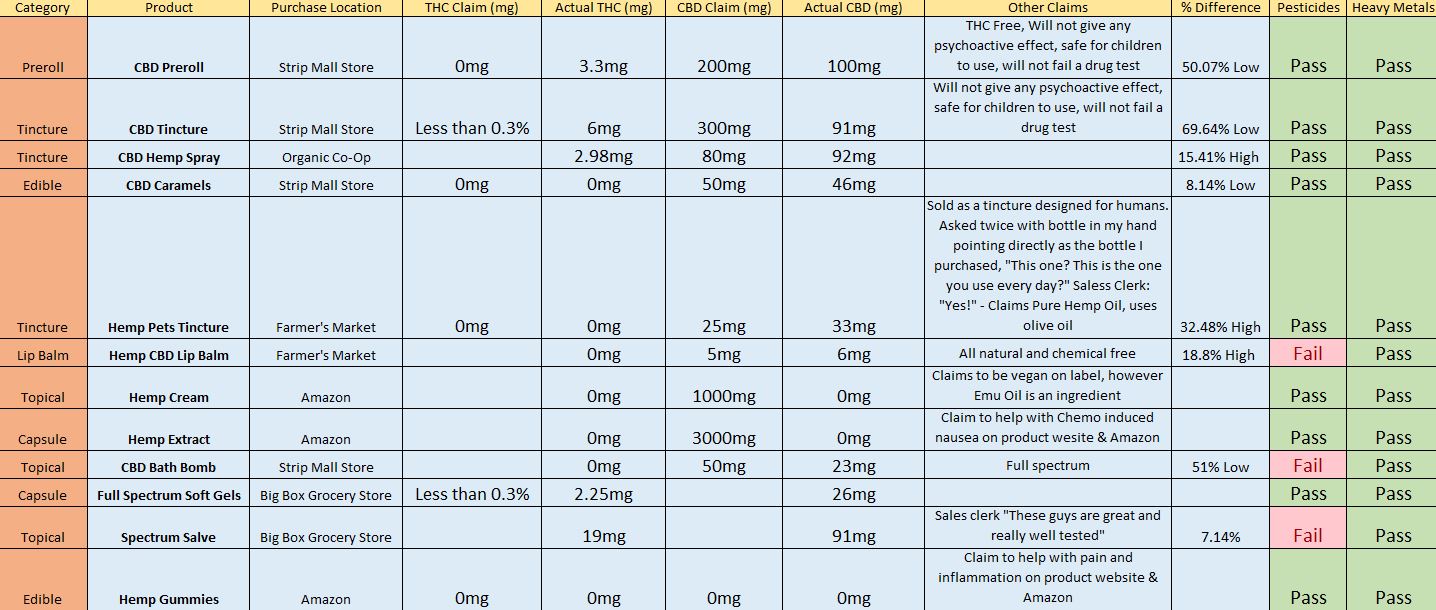
We discovered that many of the CBD products purchased had huge variances in the claimed CBD potency. A 10% discrepancy is typically acceptable in the cannabis industry, but 67% of the samples we tested exceeded this. Even more alarming, three out of the 12 had no CBD at all.
Some products tested that claimed to be hemp-derived CBD actually contained THC levels greater than 0.3%, making them illegal on the federal level. Consumers wanting to avoid the psychoactive cannabinoid may experience unwanted effects from these products.
The results from the safety testing were also alarming. 25% of the products tested failed for pesticides, despite claims that they were “chemical-free” and “well-tested”. The levels of pesticides found in these products were enough to make consumers ill, especially those that already have a weakened immune system and maybe using CBD to treat their ailments. Surprisingly, all 12 passed our heavy metal analysis, which screened for cadmium, lead, mercury and arsenic.
It’s important to note that this was a small-scale study compared to the thousands of unregulated CBD products available. We believe it was a representative sample and the results indicate what you can expect to find at sources other than licensed dispensaries.
The Takeaway
Not all CBD products are created equal. There are hemp-derived CBD manufacturers who are taking the extra steps to ensure their claims are accurate and their products are safe. But as we’ve learned, that’s not always the case.
When purchasing CBD products from anywhere other than a licensed dispensary, customers should always ask to see a certificate of analysis(COA) from an accredited third-party laboratory such as InfiniteCAL. If there is, and there should be, a batch number listed on the COA, double-check that it matches the batch number on the product itself. Make sure the CBD and THC results match what is labeled on the bottle and that the batch has undergone safety testing. If you still have doubts, individuals are welcome to send products to us for testing.
Again, CBD products bought from licensed cannabis dispensaries are held to the same standards as legal cannabis products. Consumers can rest assured these products are clean and potency levels are legitimate.
If you have questions about CBD testing, a COA or would like to have a product tested, please contact the lab at (858) 623-2740 or email [email protected].
